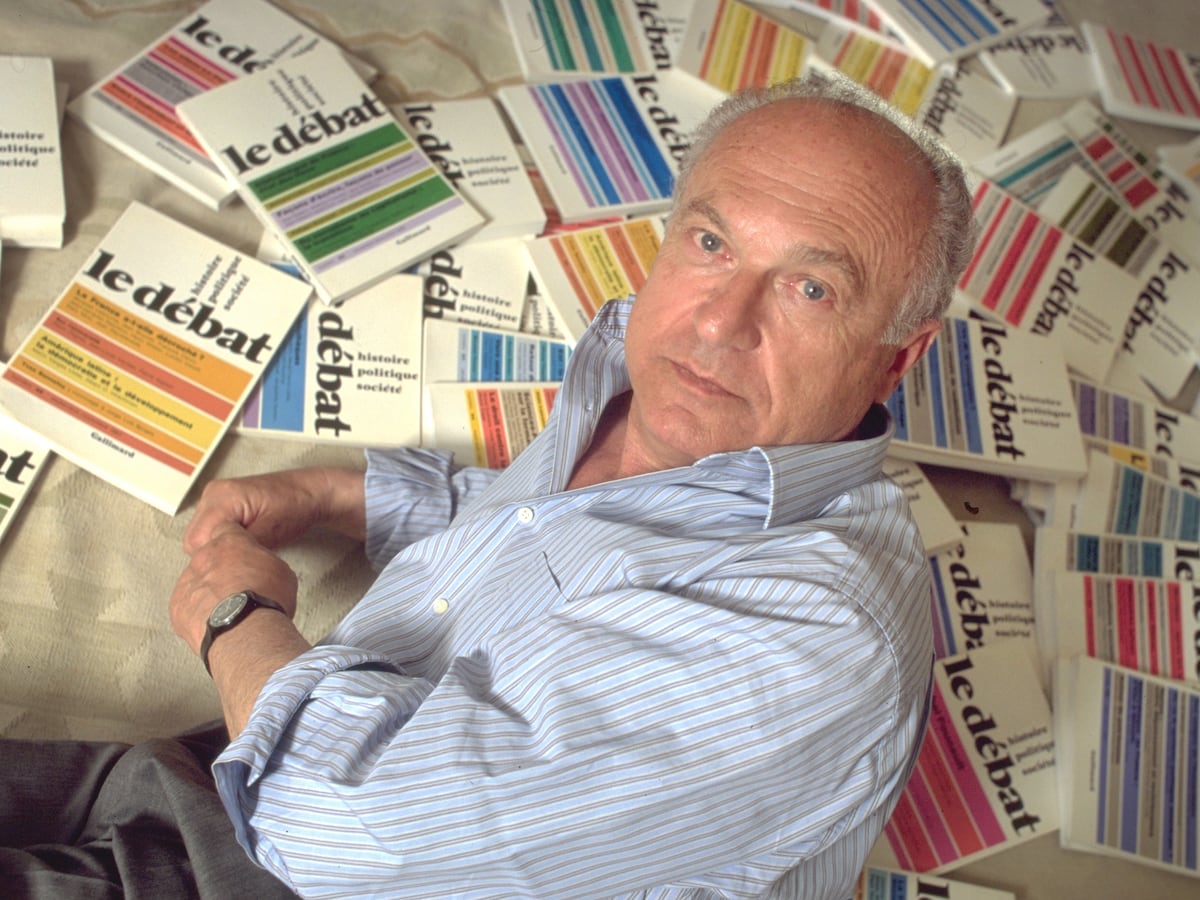We are looking for an independent senior editor
Pierre Nora: The Historian of Collective Memory
Pierre Nora, a profound historian who deeply influenced the academic world, passed away in Paris on Monday, June 2nd, at the age of 93. Renowned as a teacher of historians, his work bridged the complex gap between past and present, particularly within the context of France. His extensive contributions were pivotal in crafting a narrative distinct from authoritarian regimes in nations like Spain, the Southern Cone, and Eastern Europe. It all began in 1984 when he spearheaded the ambitious project, Les Lieux de Mémoire (The Places of Memory), an extensive seven-volume work that extended until 1993 and engaged over a hundred authors.
This monumental project, Les Lieux de Mémoire, was a catalyst for innovation and new research avenues. It examined the symbolism of republican France and laid the foundation for what is now known as public history, a field that constantly grows and places the past at the heart of discussions about the role of citizens in public spaces. Nora emphasized that memory and history, far from being synonymous, are fundamentally opposed. While memory is dynamic and forward-looking, history is retrospective, often erasing the memory it seeks to document. Nora envisioned the historian as a spokesperson for an evolving world.
In his initial exploration of Algeria, Nora highlighted this dual challenge within colonialism, distancing himself from the traumatic memories of war, Nazism, collaboration, and the Holocaust. This perspective helped him to discern how the meanings of the past evolve in the present. His ongoing work has significantly shifted contemporary history towards the present, as groups and communities create their own memories alongside their demands. Here lies the historian's role as an arbiter between history and memory. A staunch advocate for the historian's craft, Nora emphasized not only adherence to rules and methods but also the societal role and civic spirit that historiography should embody.
In the digital age's zenith, Nora revisited the duality between history and memory, comparable to the interplay on social networks. History is reconstructed through documents and archival materials, always from a post-event perspective. In contrast, memory is affective, psychological, and emotive, primarily individual, timeless, and a past perpetually present. Nora demonstrated why we often confuse history with collective memory, a distinction he embraced with pride. He was fondly regarded as the historian of collective memory.
In the French intellectual realm, Nora was a towering figure. As director of several humanities collections at Gallimard Publishing, founder of the journal Le Débat, and a member of the French Academy, he encountered controversy in 1997 when he declined to translate Eric Hobsbawm's seminal work, Age of Extremes. Upon realizing that it was not in direct contradiction with his theories, he returned to his focus on commemorations and the evolution of national symbols. This was evident during the last Paris Olympics, coinciding with the D-Day anniversary in 2024. Until the end, Nora was engaged in research and teaching, imparting a love for history to generations at the School of Advanced Studies since the 1980s. He distanced himself from grand national narratives while remaining vigilant against the dangers of politicization and manipulation of the past in the present.















LEAVE A COMMENT